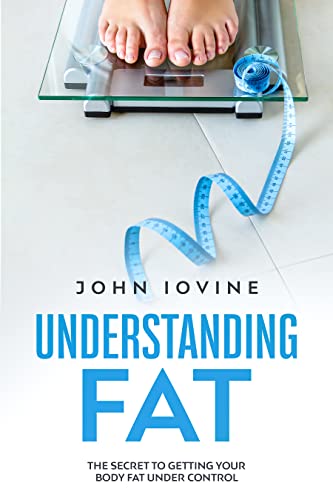
America has a growing obesity problem
We have gone from a country with a population obesity of less than 14% (1960) to a population obesity of over 38% (2014). The impact on the health of America’s population has been devastating, with related increases in metabolic syndrome that include diabetes and high blood pressure.
Reducing the amount of excess fat you’re carrying will not only make you look and feel better, but it also has many positive health benefits.
Not all fat is bad. Your body needs fat to be healthy. There is a body fat percentage chart that details the ranges of healthy body fat.
Fat is not an accumulation of inert cells. Fat is not inert. Fat is an organ, a part of your endocrine system. As part of your endocrine system, it can receive and transmit chemical messages to your brain and the rest of your body.
Fat produces enzymes and hormones that control our appetite and energy metabolism, influence our immune system and thyroid, insulate our organs, and enable our body’s development.
Hunger Hormones
The two main hunger hormones are Leptin and Ghrelin. Leptin is produced by fat cells. It notifies your brain that you have eaten enough and suppresses your appetite. Ghrelin is made in the stomach and sends signals to the brain that you are hungry; it’s an appetite-increasing hormone. Leptin and ghrelin work together to maintain your body’s weight and metabolism. It would be great if we could take a leptin pill to turn off our appetite and lose fat, but scientists found leptin doesn’t work like that. Obese people typically have elevated levels of leptin and are leptin resistant. $0.99 on Kindle.














































